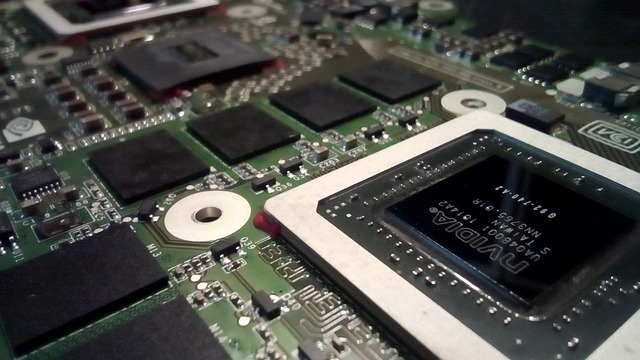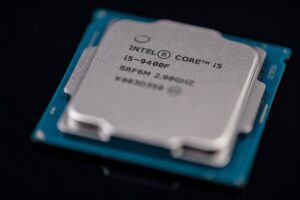
Chinese authorities dramatically intensified their trade confrontation with Washington on Monday by alleging that Nvidia, America’s most valuable publicly traded corporation and dominant artificial intelligence chipmaker, has breached competition regulations.
Beijing’s market regulators announced preliminary findings from their antitrust investigation as American and Chinese diplomatic representatives conduct their fourth negotiation session in Madrid this week. Treasury Secretary Scott Bessent, heading Washington’s delegation, indicated Sunday that discussions were advancing positively.
However, the Trump administration had also increased pressure preceding these talks. Last Friday, the Commerce Department added two Chinese semiconductor manufacturers to the Entity List, prohibiting GMC Semiconductor Technology Co. and Jicun Semiconductor Technology from acquiring American chip technology.
Tit-for-Tat Trade Actions Continue
Despite ongoing diplomatic engagement, both nations have implemented retaliatory measures against each other’s trade policies while attempting to gain negotiating advantage in this strained relationship. Washington has essentially banned exports of critical AI equipment to China, while Beijing has delayed promised supplies of rare-earth minerals essential for various electronics and defense systems.
China’s latest action against Nvidia represents significantly more aggressive behavior and potentially signals that recent Trump administration offers to provide Nvidia chips to China may not receive the favorable reception the White House anticipated. Both countries consider artificial intelligence and its enabling chips crucial for national security. While China’s technology currently trails America’s capabilities, the gap is narrowing rapidly.
Last month, Trump announced accepting an agreement with Nvidia and competitor AMD requiring these companies to pay the US government 15 percent of their Chinese semiconductor sales revenues in exchange for export licenses. This deal could help the administration maintain American AI superiority while advancing critical trade negotiations with China.
Regulatory Investigation Details
China’s State Administration for Market Regulation determined that Nvidia violated conditions attached to regulatory approval of its Israeli chip designer Mellanox Technologies acquisition, though officials provided no additional specifics. Beijing approved that acquisition in 2020.
The regulator announced plans for continued investigation following the original inquiry launched in December. This extended scrutiny creates uncertainty about potential penalties against the American technology giant.
Nvidia shares declined 1.4 percent in premarket trading following the announcement, reflecting investor concerns about potential Chinese market restrictions.
Export Control Complications
The White House blocked certain AI chip exports to China in April, including Nvidia’s H20 processors and AMD’s MI308 units. Trump’s unprecedented agreement last month permits these companies to obtain export licenses for restarting Chinese sales, according to administration officials.
Nvidia developed the H20 chip specifically to maintain Chinese market access—representing 13 percent of company sales in 2024—despite Biden administration export restrictions. The specialized processor offered reduced capabilities compared to standard models while remaining commercially viable for Chinese customers.
However, China’s acceptance of these chips remains uncertain despite Trump’s recent authorization. Chinese state media sources expressed security concerns about H20 processors following White House announcements permitting their sale.
Technology Transfer Concerns
Intelligence suggests China likely obtains these chips through black market channels regardless of official export policies. H20 processors allegedly contributed to DeepSeek, an advanced Chinese AI system that surprised Silicon Valley upon release earlier this year, raising concerns about China’s accelerated AI development progress.
This regulatory action occurs as both nations recognize artificial intelligence’s strategic importance for future technological leadership and national security. The semiconductor industry has become a primary battleground for economic and technological competition between the world’s largest economies.
Beijing’s antitrust allegations represent a significant escalation in trade tensions, potentially complicating ongoing diplomatic efforts to resolve broader economic disputes between the superpowers.



